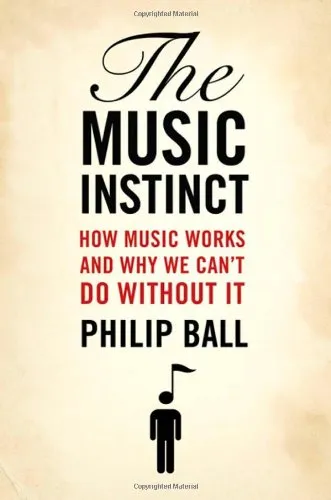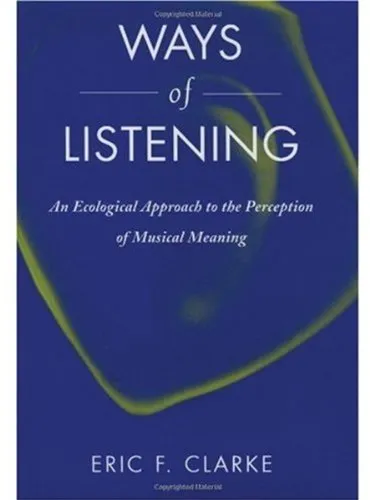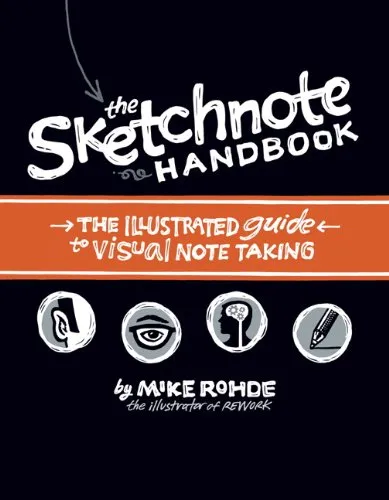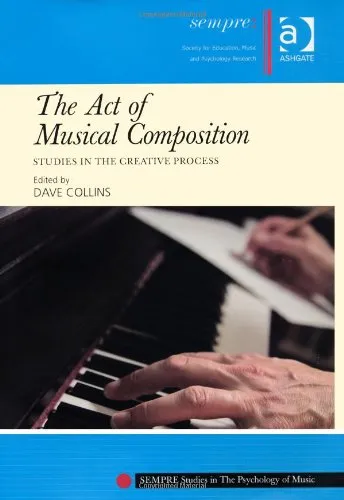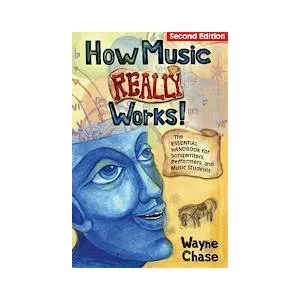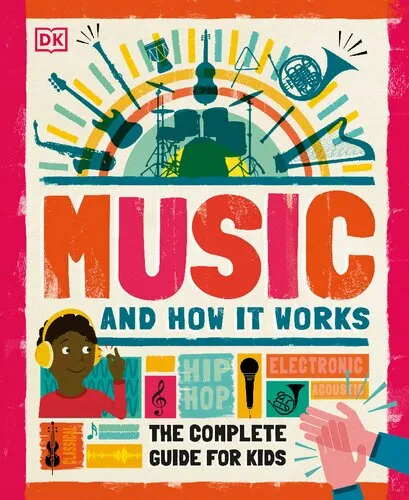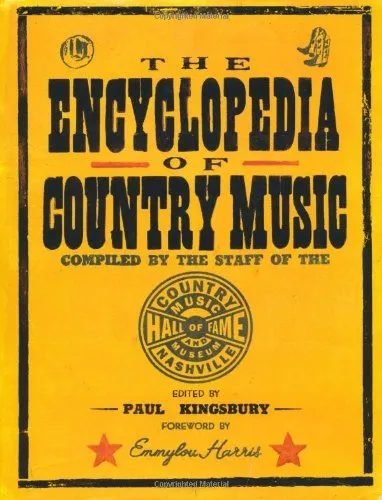The Music Instinct: How Music Works and Why We Can't Do Without It
4.5
Reviews from our users

You Can Ask your questions from this book's AI after Login
Each download or ask from book AI costs 2 points. To earn more free points, please visit the Points Guide Page and complete some valuable actions.Related Refrences:
Introduction to 'The Music Instinct: How Music Works and Why We Can't Do Without It'
Music moves us in profound, often inexplicable ways. It stirs emotions, forges human connections, and has been an integral part of human culture for millennia. But why is this so? What is it about music that captivates us, from a popular melody on the radio to the complexity of classical symphonies? In 'The Music Instinct: How Music Works and Why We Can't Do Without It', Philip Ball explores these questions, offering a masterful blend of science, philosophy, and art to illuminate the profound connection between music and humanity.
This book unpacks the science of sound, the psychology of music, and the cultural practices that have shaped how we perceive and create music. Whether you’re a musician seeking to understand the principles behind your craft, or simply a music lover curious about why a particular song gives you goosebumps, Ball’s deeply researched insights will draw you in. From rhythm and melody to harmony and emotion, 'The Music Instinct' lays bare the universal truths of music while celebrating its diversity and resilience.
Written with clarity and passion, the book examines the ways music touches our brains and hearts. It connects the evolutionary need for rhythm and sound with the cultural threads of spirituality and tradition. Philip Ball crafts a compelling narrative, guided by science and anecdotes, uncovering why music is so profoundly human—and why we simply cannot imagine life without it.
Detailed Summary of the Book
'The Music Instinct' dives deep into the essence of music and unfolds in several thematic explorations. It begins with the fundamentals of sound—how vibrations turn into sound waves and how these sounds are interpreted by our brains as musical notes. Ball explains the physical laws governing sound, offering an accessible guide to the technical underpinnings of pitch, rhythm, and harmony.
The book then ventures into human psychology, detailing how and why our brains respond to music with such complexity. Ball sheds light on why certain combinations of notes sound pleasing, how rhythm aligns with the body’s natural rhythms, and the emotional triggers behind everything from the thrill of a crescendo to the sadness evoked by a minor key.
Additionally, Ball explores the cultural and societal dimensions of music. He examines music's historical role—from ancient civilizations using rhythms for rituals to modern-day genres influencing social movements. He also addresses questions like: Does musical talent stem from nature or nurture? Is there such a thing as "bad" music? And how does our understanding of music vary across cultures?
By blending scientific rigor with human stories and philosophical musings, 'The Music Instinct' becomes not just a book about how music works, but a celebration of what it means to create and experience it.
Key Takeaways
- Music is grounded in physics, mathematics, and biology, yet its effects are deeply emotional and personal.
- Our brains are hardwired to seek patterns in music, which is why we find harmony and rhythm so satisfying.
- Cultural context significantly influences how we perceive and create music, yet certain elements of music truly are universal.
- Music has the power to heal, to unite, and to inspire, thanks to its ability to resonate deeply with human emotions.
Famous Quotes from the Book
"Without music, life would be meaningless indeed. But it’s not just a luxury—it’s a necessity."
"The beauty of music lies not only in its ability to stir emotions but in its essence as a human achievement."
Why This Book Matters
'The Music Instinct' is more than just a book about music—it’s a comprehensive inquiry into one of the defining features of human existence. By exploring the intersection of science, art, and culture, Philip Ball helps us grasp why music feels so essential to our identity as individuals and as a species. It’s a reminder that music is not just a passive experience; it’s an active, shared human endeavor that shapes who we are on many levels.
This book matters because it bridges the gap between the scientific and the emotional, making it accessible to both musicians and non-musicians alike. It renews your appreciation for the songs you love and unveils the wonderful mysteries behind why music truly is inseparable from being human.
Free Direct Download
You Can Download this book after Login
Accessing books through legal platforms and public libraries not only supports the rights of authors and publishers but also contributes to the sustainability of reading culture. Before downloading, please take a moment to consider these options.
Find this book on other platforms:
WorldCat helps you find books in libraries worldwide.
See ratings, reviews, and discussions on Goodreads.
Find and buy rare or used books on AbeBooks.
1401
بازدید4.5
امتیاز0
نظر98%
رضایتReviews:
4.5
Based on 0 users review
Questions & Answers
Ask questions about this book or help others by answering
No questions yet. Be the first to ask!
